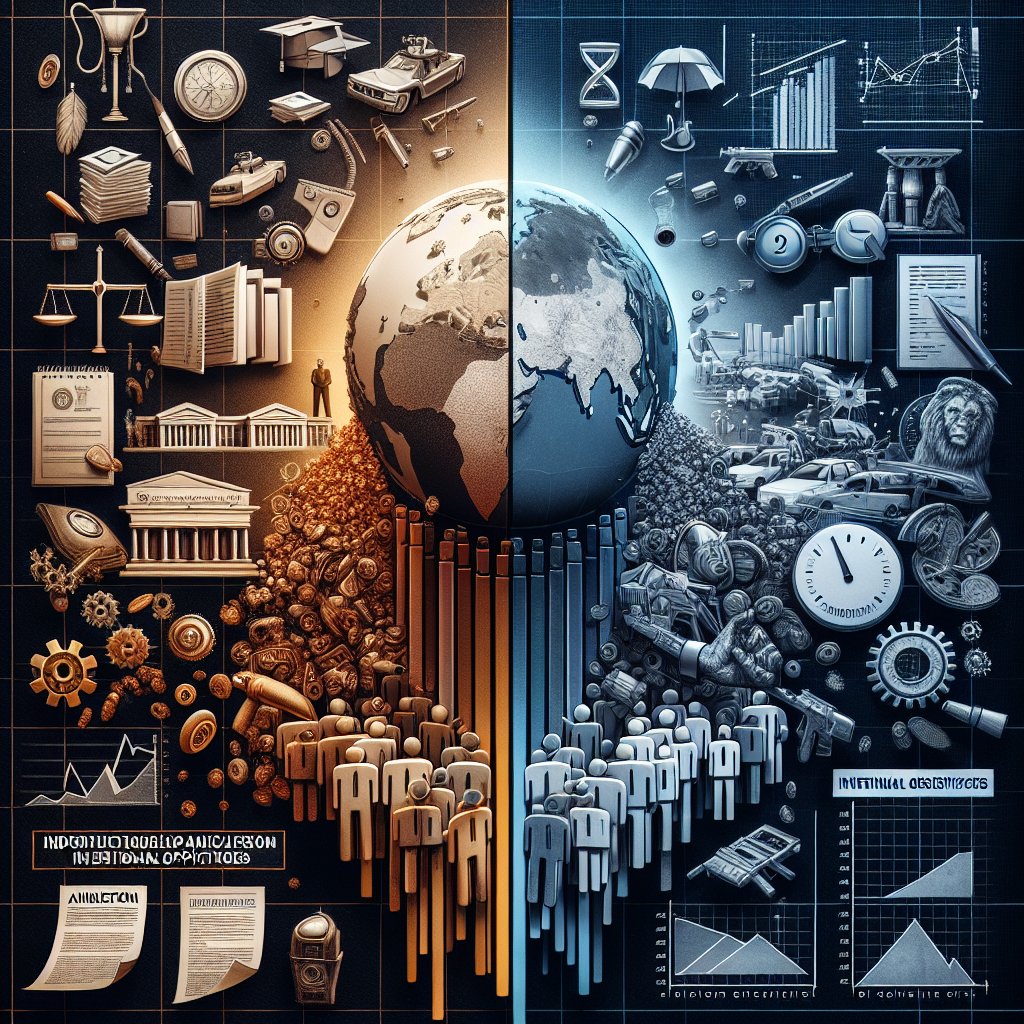Image created by AI
SADC's Treaty Compliance: A Closer Look Amidst Democratic Challenges
A recent critical analysis at a Southern African Development Community (SADC) Summit has thrown the spotlight on the stark dichotomy between the organization's founding principles and the state of democracy among its members. Established with a vision of collective progress and democratic governance, the SADC Treaty espouses fundamental values such as human rights, democracy, and the rule of law. However, according to the latest insights, a troubling scenario has materialized; while some member states are making strides towards democracy, others are sidestepping these very principles.
On paper, the SADC Treaty and its pertinent appendage the SADC Principles and Guidelines Governing Democratic Elections lay out a comprehensive framework to ensure free and fair elections—a fundamental democratic process. This framework emerges from the need for transparent electoral systems managed by impartial bodies, allowing for fair competition and representation. It reflects an ethos of equity and mutual respect among member states. However, the prevailing conditions in member nations indicate considerable friction between these ideals and reality.
The observations from multiple international groups, including the European Union Observer Mission (EUOM) and the Carter Centre, have pointed out incongruities in election practices compared to the benchmarks set by the SADC. These discrepancies have been particularly poignant in countries such as Zimbabwe, where elections have consistently been subject to disputes and violence since 2000. Despite a comprehensive structure designed to monitor, prevent, and resolve election-related conflicts, including the SADC Electoral Advisory Council (SEAC), the organization’s effectiveness in actualizing its governance standards seems questionable.
Zimbabwe's 2023 elections stand as a testament to these challenges. Pre-election reports from the SEAC indicated readiness for peaceful and secure voting; however, independent human rights assessments revealed a preponderance of political violence and intimidation, casting a shadow over the 'free and fair' stipulations of the SADC. This disconnect poses a significant dilemma for the SADC: How does it reconcile its foundational objectives with the evident shortcomings in member state practices?
The consequences of these divergences impact not only the organization's credibility but also raise concerns about the region's overall stability and progress towards democratic governance. The persistent presence of electoral autocracies within the SADC countries, as indicated by half of the member states failing to meet democratic election standards, lays bare the inconsistencies between the SADC's rhetoric and on-ground realities.
Moving forward, SADC is at a crossroads where it must reassess its approach towards member states that repeatedly infringe upon the outlined democratic norms. The looming question persists—whether the organization will enforce the penalties provided for in the Treaty, or whether the integrity of democratic principles will continue to be compromised.










